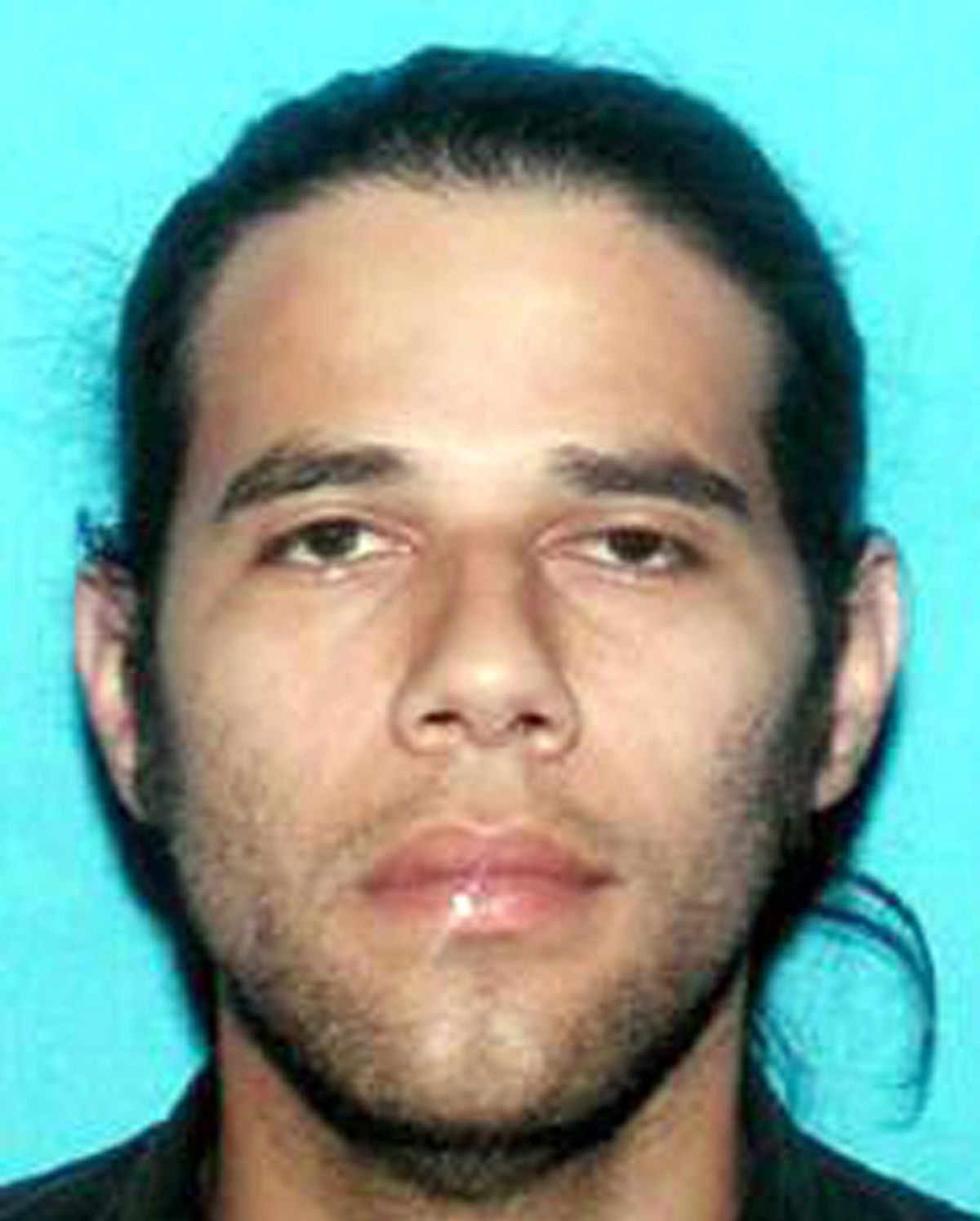UI retools prohibition of improper relationships
Move is in response to death of student at hands of professor
Bustamante
The University of Idaho is strengthening its ban on faculty-student relationships after the slaying of a 22-year-old graduate student by her professor, who then killed himself.
University President M. Duane Nellis announced the changes Wednesday in Moscow, Idaho, as the university released employment and other records of the professor, Ernesto Bustamante.
Judge John Stegner ordered disclosure of the public records, which were sought by several news organizations, including The Spokesman-Review. The records, more than 4,200 files including personal Bustamante emails, were expected to be delivered to the media today.
The university also released Wednesday a revised timeline of events preceding the murder-suicide.
Police say Bustamante shot and killed Katy Benoit at her Moscow home on Aug. 22, after their relationship had ended. His body was found the next day at a nearby hotel.
“Our entire University of Idaho community – students, faculty, staff, alumni and friends – continues to mourn the loss of one of our own,” Nellis said of Benoit. “We must learn from this tragedy and do all we can to prevent it from happening again.”
To that end, Nellis announced that university policy regarding relationships between faculty and students is under review by the Faculty Senate.
The new policy will clarify conflicting language in existing rules to specifically prohibit such relationships, Nellis said. He also has ordered mandatory sexual harassment training for supervisors, faculty and staff members.
Nellis also said that the university knew in the fall of 2007 that Bustamante was being treated for bipolar disorder.
After Benoit complained to the university that Bustamante had threatened her, Nellis said, Bustamante was allowed to resign three days before the murder-suicide in the interest of “expediting the separation” between the professor and the university.
The university previously said Bustamante was allowed to resign effective Aug. 19, and Moscow police said they found records indicating that the professor had been hired in New Jersey.
On Wednesday, Nellis said he wasn’t sure the university had knowledge about his employment elsewhere. He could not say whether any member of the university had been contacted for a reference.
Nellis also repeated that the university contacted Moscow police about Benoit’s complaint that she had been threatened by Bustamante on three occasions, but that she asked the university not to disclose that Bustamante had held a gun to her head.
The timeline released Wednesday revealed that Bustamante told Ken Locke, the psychology department chairman, in 2007 that he was taking medication for a diagnosis of bipolar disorder.
That fall, “three or four female students share with Locke their observations of Bustamante’s ‘flirtatious behavior and favoritism,’ ” according to the timeline.
The professor dismissed the complaint as a misunderstanding of his relationship with a Hispanic student.
Entries from January 2008 to June 2010 show Bustamante meeting academic expectations, even receiving praise for his performance.
But in December, the university’s Ethics and Compliance Hotline received “an anonymous call claiming Bustamante is having sexual relationships with students, including the claim of an abusive and coercive relationship with one student.”
That complaint came from someone other than Benoit, the timeline indicates. University officials met with Bustamante, who denied wrongdoing. The university needed a formal complaint to launch an investigation.
On June 10, Benoit made her first contact with the university regarding Bustamante, but she did not give officials permission to deliver a complaint to Bustamante until July 5.
Bustamante received the complaint on July 11, which began a discussion with university officials culminating in his formal resignation effective Aug. 19. During that time, the university communicated with Moscow police and advised Benoit to seek protection.

